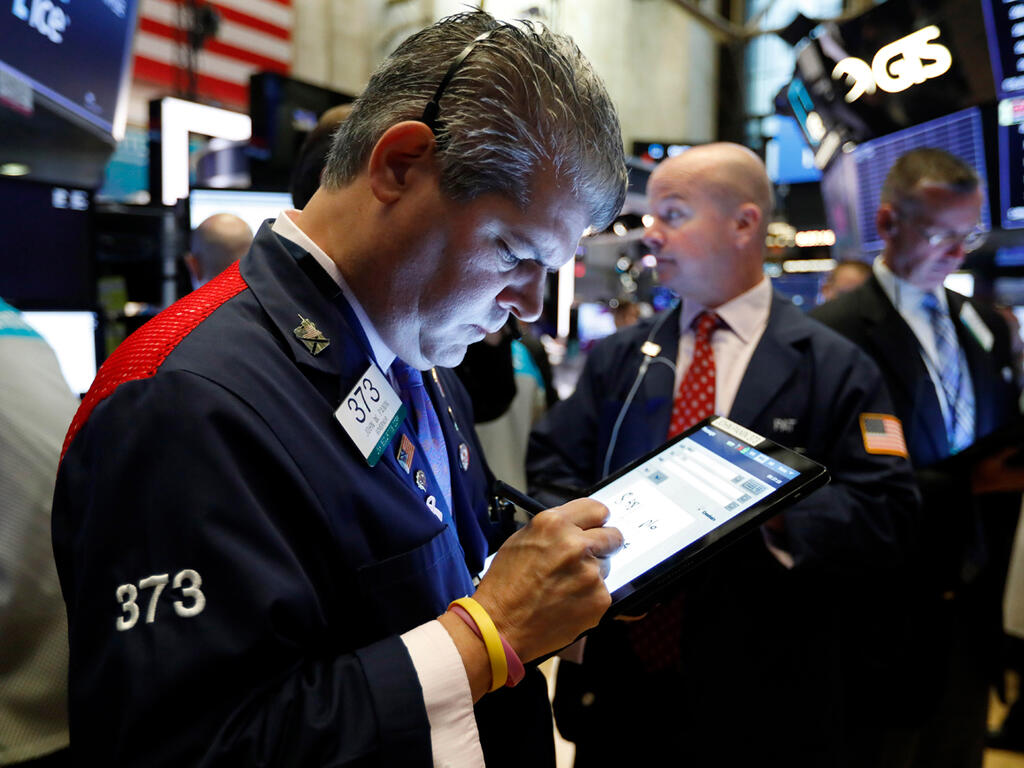Getting your Trinity Audio player ready...
The Bank of Israel left short-term interest rates unchanged for a 10th straight meeting on Monday and said there was too much global uncertainty over U.S. President Donald Trump's tariff blitz as well as Israel's war in Gaza to lower borrowing costs.
The central bank kept its benchmark rate at 4.50%, citing the continuing war against Palestinian terror group Hamas and the monetary committee's focus on stabilizing markets and reducing uncertainty, alongside price stability and supporting economic activity.
The central bank reduced the key rate by 25 basis points in January 2024 after inflation eased and economic growth slowed amid the Gaza war, but has kept policy steady since.
All 14 analysts polled by Reuters had expected no rate move on Monday but some have suggested policymakers could resume rate cuts as early as next month. Bank of Israel Governor Amir Yaron hinted that may be too soon.
"At this point, we certainly want to see the inflation environment and overall uncertainty ease before we can act on interest rates," he told a news conference.
"We'll be able to start lowering interest rates once there is a better alignment between supply and demand ... At the moment, this is not the right step."
Referring to the plunge in global equities markets driven by U.S. tariffs, Yaron said: "The global economy is undergoing a shake-up the likes of which we haven't seen in years. It's difficult to assess the magnitude due to the high level of uncertainty, and therefore also the implications."
Israel's annual inflation rate eased to 3.4% in February from 3.8% in January but remained above the government's 1-3% annual target, with taxes and electricity and water prices rising at the start of this year.
Inflation is expected to be 2.6% in 2025, and 2.2% in 2026, according to the bank's estimates.
Growth forecasts cut
Any rise in U.S. inflation could impact Israeli prices and the exchange rate, and a weakening of the shekel against the dollar would add to inflation pressures in Israel, Yaron said.
The central bank expects U.S. tariffs to moderate world trade and Israeli exports.
As a result, it trimmed its estimates for Israeli economic growth in both 2025 and 2026 by 0.5 points to 3.5% and 4% respectively. Due to the war, growth in 2024 was just 0.9%.
"Israel will be affected, but at the same time, we estimate that the impact on Israel will be more moderate - among other reasons, because Israeli exports are less exposed to the issue of tariffs," Yaron said.
The bank forecast renewed fighting in Gaza would have minimal economic impact. It believes fighting will not extend beyond the second quarter and won't expand to other fronts.
Get the Ynetnews app on your smartphone: Google Play: https://bit.ly/4eJ37pE | Apple App Store: https://bit.ly/3ZL7iNv
Trump imposed a 17% tariff on Israeli goods exports. Prime Minister Benjamin Netanyahu is set to meet Trump later on Monday to discuss the issue.
Yaron said any easing of the tariff rate would help Israel, but added "a significant part of the impact stems from the decline in global trade, not just from the specific tariff imposed on Israel."




